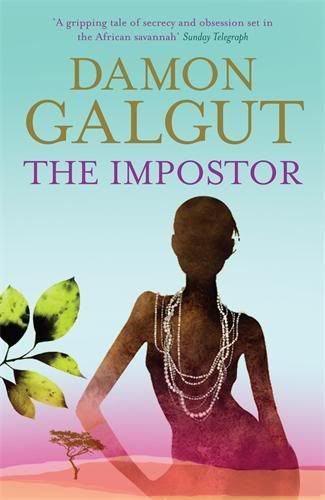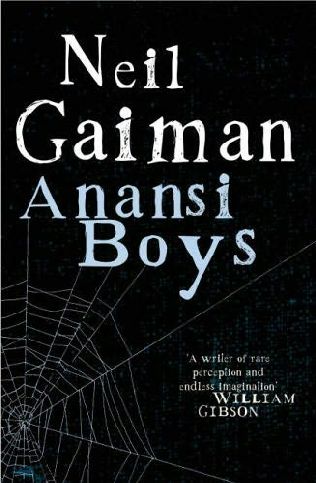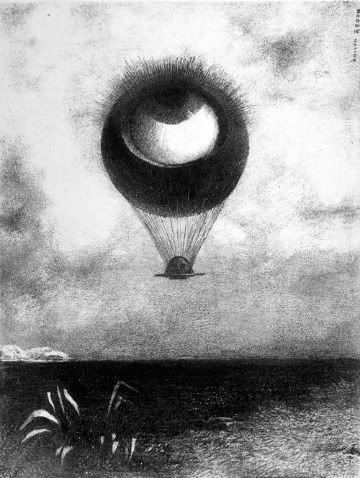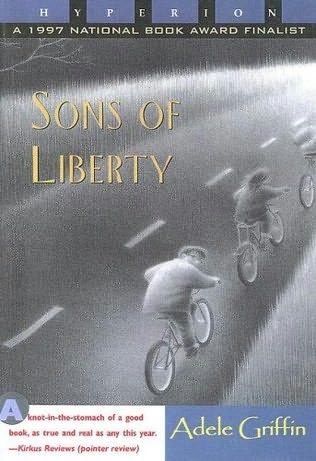

The Raggazo and I celebrated our anniversary yesterday with a trip to the Metropolitan Museum to see Pierre Bonnard: The Late Interiors and have drinks on the mezzanine afterward. Although the atmosphere of their Friday Cafe is nice, for the price their artisanal cheese plate could have featured something other than colby. I'm not five. It's New York City, can't you find any good cheese? The show, on the other hand, was wonderful. It allows you to wander through the development of his interiors over about a thirty year period, its satisfying to see how his depiction of color, form, and light enriched over that time. What I liked best about the paintings was his ability to capture the accidental feel of the placement of objects on a table, the posture of his wife as she feeds the dog, or the sudden awareness of someone of themselves in a mirror. The feeling of a candid photo of a day at home - except in paint. It's interesting to see over and over again, how his interest was with the form of a table against the view out of a window, or the angle of light on the half-opened door of a room. People were usually off to the side, never posing, and with the exception of his self-portraits, they are usually painted in the color of the background. I value that ability to court the accident in art more than perhaps any other quality. I love it in acting, in directing, in painting and in words. That's why I like the poems of Frank O'Hara, the acting of Geraldine Page or Billy Cruddup, the singing of Jeff Buckley, and it's what I really loved about this show, which is on at the Met through April 19.
Also in the world of the arts, the library finally came up with a copy of the 1950 Humphrey Bogart film In a Lonely Place, a recommendation of Sheila's, 'natch. It's an unusual film for the time - the writing has an elegant feel to it, yet it is about uncontrollable passion. Bogart is a volatile and cynical screen writer who finally meets a woman he cares for when he is suspected of murder of a young coat check girl who was seen leaving a restaurant with him. Bogie gets to show both a more refined side of himself and a more vulnerable one, and he gives a really terrific performance. It has a couple of very suspenseful scenes and it does not suffer from a typical Hollywood ending. Highly recommended!
 And, inspired by Verbivore, I pulled some Robert Louis Stevenson off the shelf after I finished Damon Galgut's The Imposter. I began re-reading Treasure Island for the first time since I was a child. I'm experiencing a fun, cozy, kid-reading-in-bed nostalgia that's a welcome contrast to studying for exams and writing papers.
And, inspired by Verbivore, I pulled some Robert Louis Stevenson off the shelf after I finished Damon Galgut's The Imposter. I began re-reading Treasure Island for the first time since I was a child. I'm experiencing a fun, cozy, kid-reading-in-bed nostalgia that's a welcome contrast to studying for exams and writing papers.







 A veritable Figaro. A man empty enough to be filled is what Tom looks like at first glance, but really he is so full of a sense of worthlessness it makes him desperate to matter deeply to someone. He's not no one. But he's not someone to anyone else, just to himself. At root he seems to feel so deeply wronged that nothing can redress the balance. Speaking of psychopaths, we had gotten
A veritable Figaro. A man empty enough to be filled is what Tom looks like at first glance, but really he is so full of a sense of worthlessness it makes him desperate to matter deeply to someone. He's not no one. But he's not someone to anyone else, just to himself. At root he seems to feel so deeply wronged that nothing can redress the balance. Speaking of psychopaths, we had gotten





















